
Baltimore (2024, dirs. Joe Lawlor and Christine Molloy)
Certificate: 15
Running Time: 98 mins
UK Distributor: Icon Film Distribution
UK Release Date: 22 March 2024
WHO’S IN BALTIMORE?
Imogen Poots, Tom Vaughan-Lawlor, Lewis Brophy, Jack Meade, Patrick Martins, Dermot Crowley, Andrea Irvine, John Kavanagh, Flynn Gray, Martha Breen, Carrie Crowley, Simon Coury, Vanessa Ifediora, Paul Ward, Fionnuala Murphy, Conor Lambert, James Edlin, Jude McClean
WHO’S BEHIND THE CAMERA?
Joe Lawlor (director, writer, producer, editor), Christine Molloy (director, writer, editor), Stephen McKeon (composer), Tom Comerford (cinematographer)
WHAT’S IT ABOUT?
A wealthy heiress turned IRA activist (Poots) leads a daring art heist…
WHAT ARE MY THOUGHTS ON BALTIMORE?
[This is a slightly re-edited version of our review for Baltimore from its showing at the BFI London Film Festival]
Imogen Poots is one of those actors who you’re constantly waiting to see break out, but so far hasn’t quite found the right role with which to do so. She’s certainly come close a few times, with memorable supporting turns in the likes of 28 Weeks Later, Filth, Green Room and The Father, but more often than not she’ll be saddled with material that is well beneath her talents, whether it’s douchebag-ridden comedies like That Awkward Moment, or her arguably thankless role in the awful Need for Speed, or whatever she was doing in the 2019 remake of Black Christmas.
Baltimore should, in a lot of respects, finally be the one to put Poots on the map. It’s a challenging and complex role (at least, on the surface), one that the actor is excellent at slipping into, but the problem lies in the fact that the script, direction, editing and even the music all seem to be actively working against it, which makes the film all the more disappointing to sit through.
The movie, from filmmakers Joe Lawlor and Chrisine Molloy (previously of the understated psychological thriller Rose Plays Julie), is about the exploits of Rose Dugdale, the former debutante turned political activist, and eventual ringleader for one of the biggest art thefts in history. Poots, of course, plays Dugdale, who grew up in a wealthy household but quickly became radicalised after studying at Oxford, where she becomes part of the movement against sexual discrimination, and later forms part of an underground group sympathising with the Irish Republican Army, especially after the events of Bloody Sunday. Dugdale soon leads two accomplices – Dominic (Tom Vaughan-Lawlor) and Martin (Lewis Brophy) – on a daring mission that sees them invade a wealthy manor in Ireland (with her donning a thick French accent and long orange wig), nab some of the priceless paintings on display, and hide out in a remote house where they feed the authorities their demands in exchange for the artwork’s safe return.
You’d think a film about someone whose life story is this interesting – going from a wealthy upbringing to a state of political radicalisation – would be more exciting to watch, but Lawlor and Molloy’s unfocused approach renders it far less inviting than it should be. Baltimore is a film that follows a non-linear structure, constantly going back and forth between the art heist, the immediate aftermath, and aspects of Dugdale’s life before her activism, but there is hardly a consistent thread running through it all that ties it all together, with some cuts between the past and present feeling sporadically put together, to a point where their tones don’t always seem to match. One moment, you’ll be in the middle of a tense situation as Dugdale and her accomplices are violently threatening their captured hostages, and then it’ll cut to those same characters doing virtually nothing inside of their hideout home. Its stop-and-start approach disrupts the level of engagement in this narrative, which ends up making it all feel less tense and more frustrating to watch.
Since the film’s structure is all over the place, it’s hard to get a true grip on its central character, and why this figure is important enough to warrant her own biopic. The film skips over a lot of crucial events in Dugdale’s early activism career, including a training session in Cuba that is reduced to one throwaway line of exposition dialogue, while an even earlier event that saw her and her lover get caught robbing her parents’ house is largely portrayed as a call-to-arms moment that says nearly nothing about her character beyond her sudden extremist views. The viewer never really gets to find out why she’s so active in her crusade of support for the IRA, except for some simple close-up shots of her crying while watching news footage of Bloody Sunday, as the film sidesteps further context in favour of suspense that doesn’t really land because, again, we still know next to nothing about this character (in fact, one quick visit to Rose Dugdale’s Wikipedia page, and you’ll instantly find more information about this person than the movie cares to get into).
It is a shame because, once again, Imogen Poots is genuinely giving a very strong performance here. She is effective at conveying her character’s growing anger for the state of the world, and at times can be quite intimidating as she toys around with people’s unnerved states of mind. She easily comes out strong from what is otherwise an underwhelming movie as a whole, which doesn’t have a consistent enough focus or a level of depth to truly explore this figure as much as it should, and lacks a real spark that makes this fascinating real-life story seriously crackle on the big screen.
Sadly, it seems that Poots is still on the hunt for that inevitable break-out role, because Baltimore certainly isn’t it.
SO, TO SUM UP…
Baltimore is a disappointing attempt to dramatize the interesting life of debutante-cum-activist Rose Dugdale, which despite a strong turn by Imogen Poots lacks the focus and intrigue to make her story work on the screen.





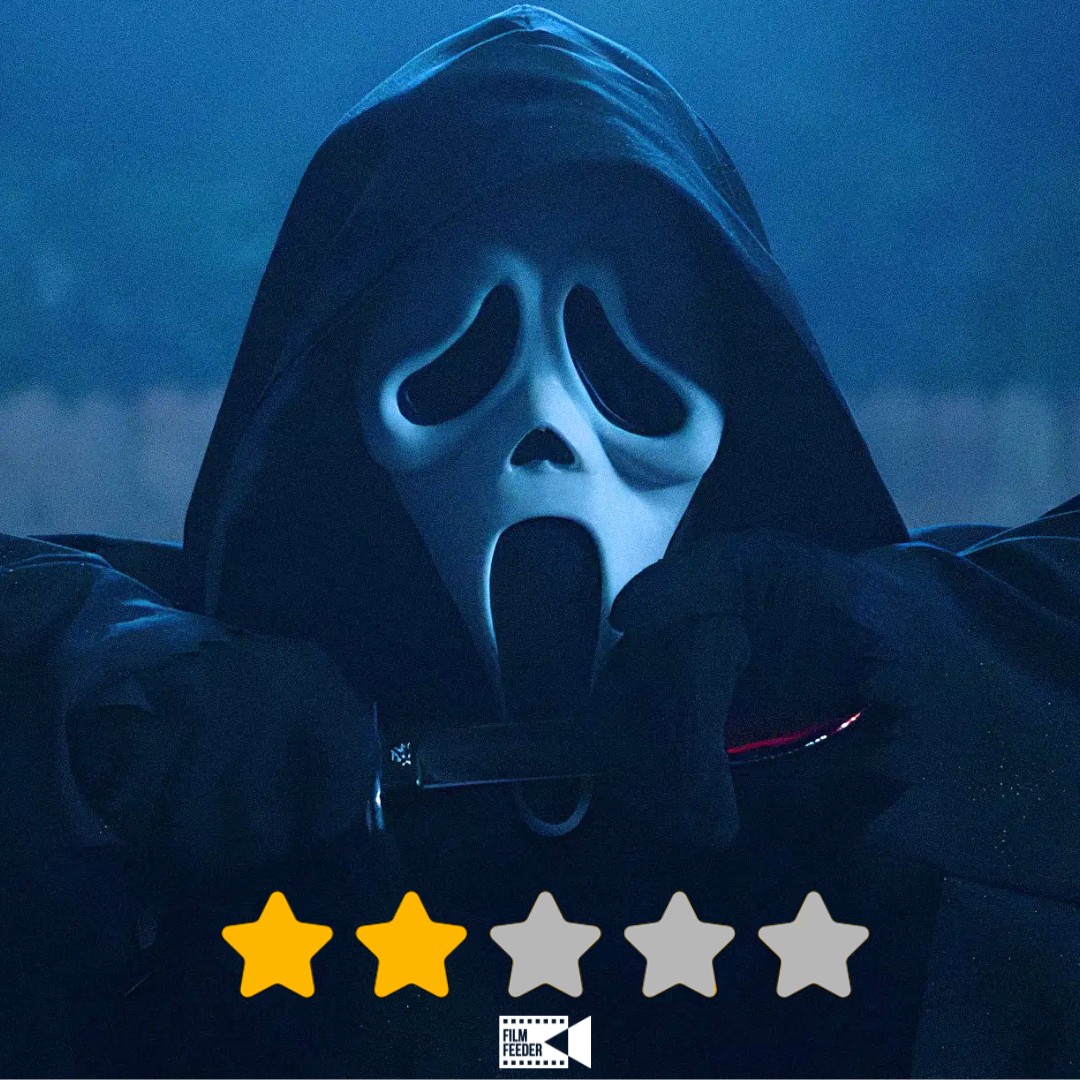

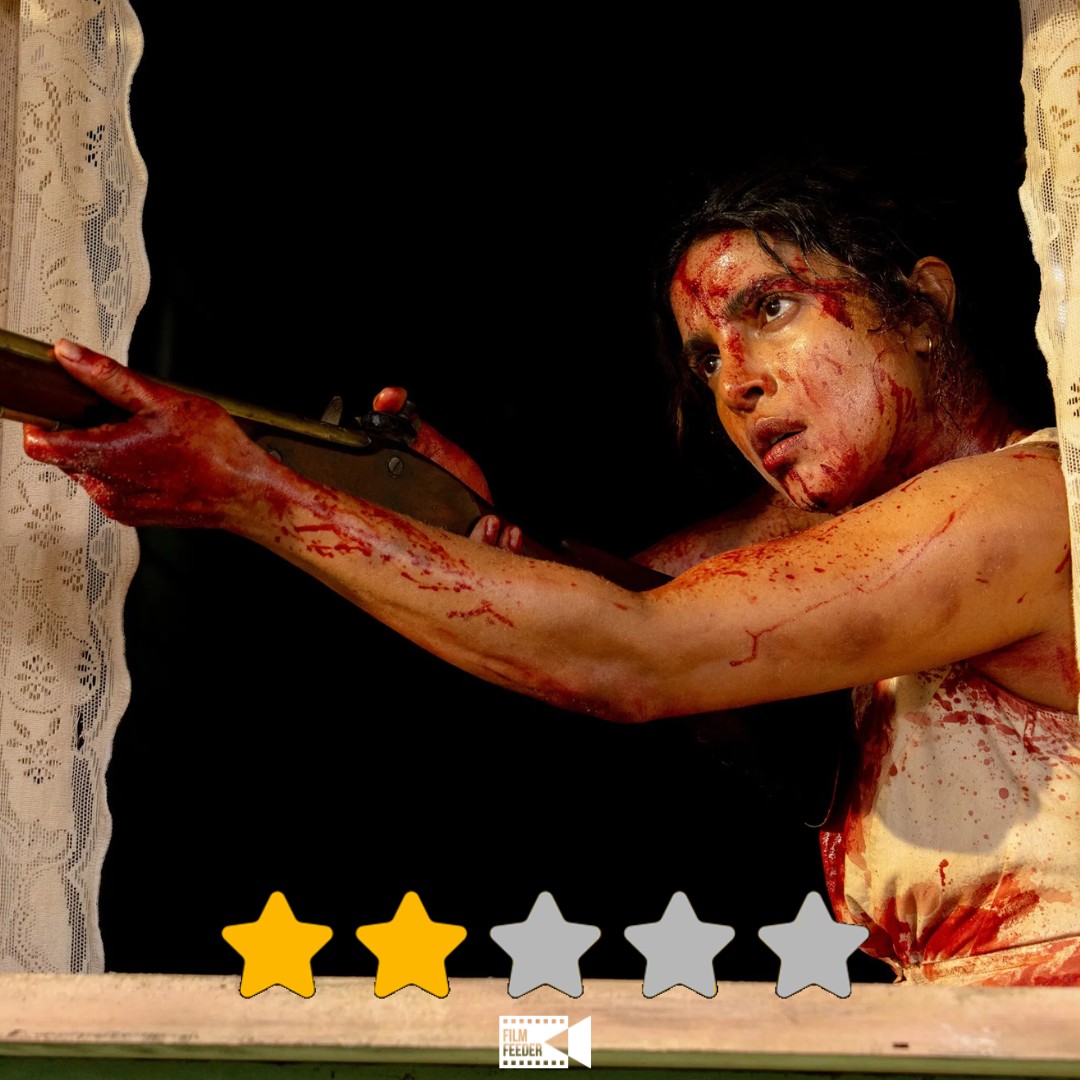
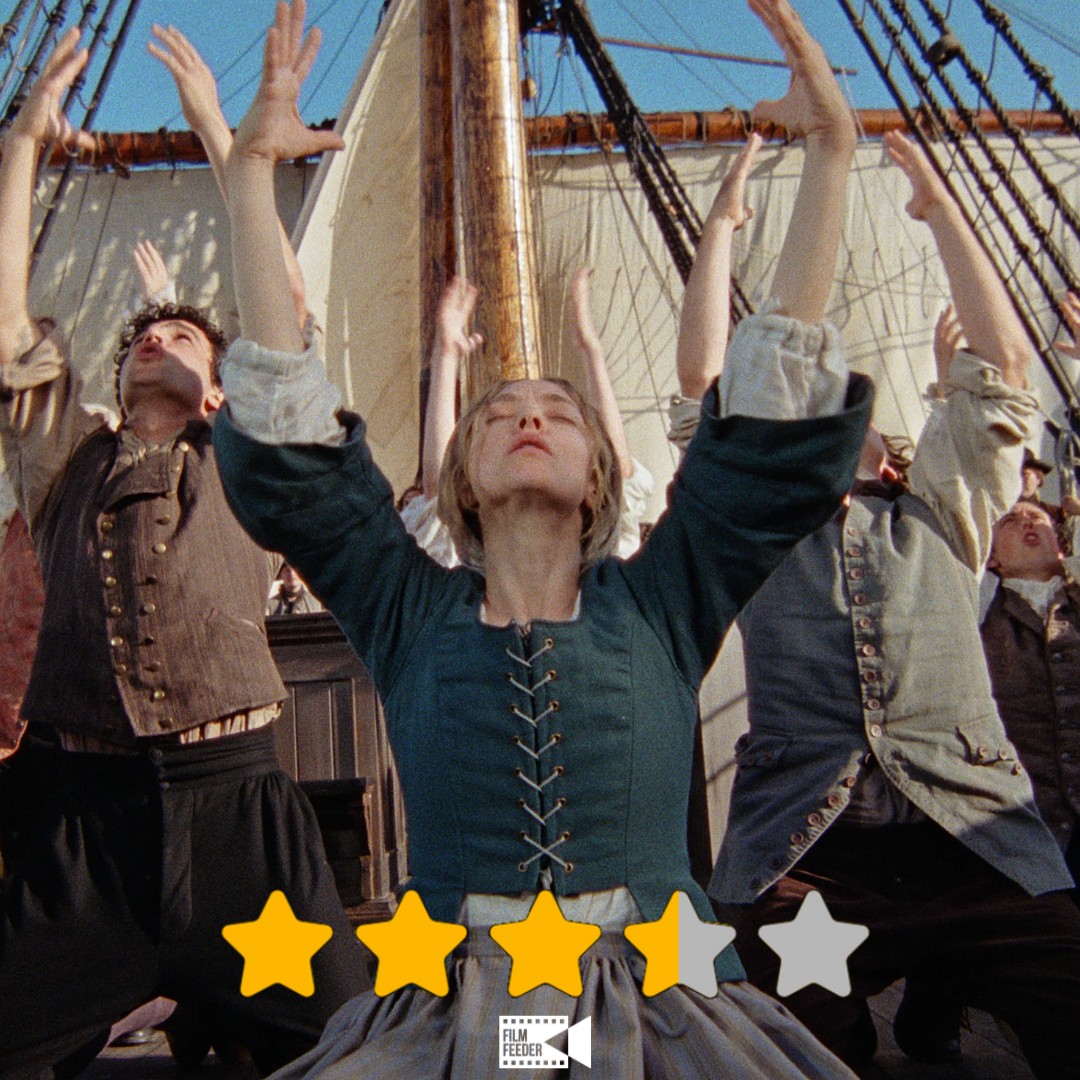


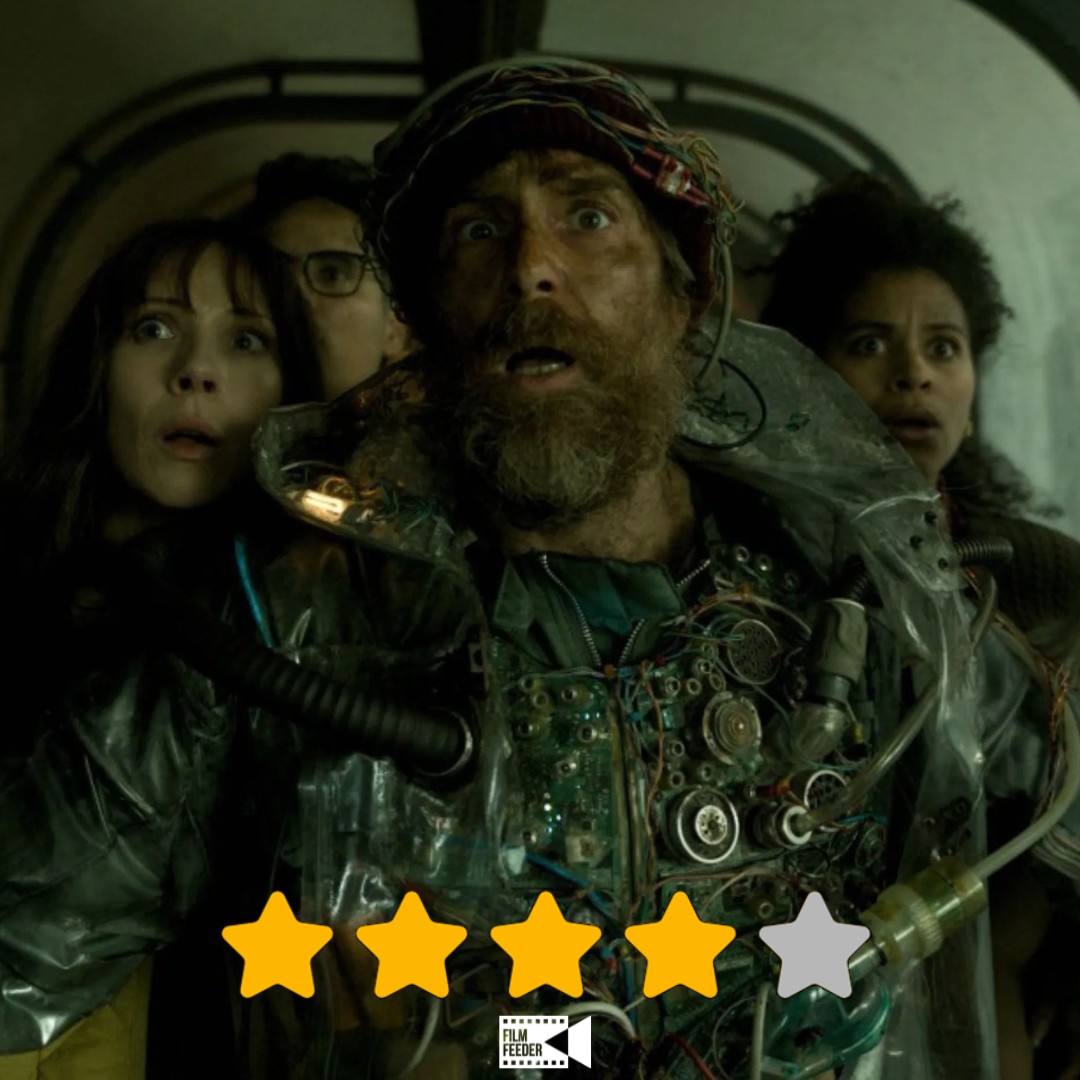

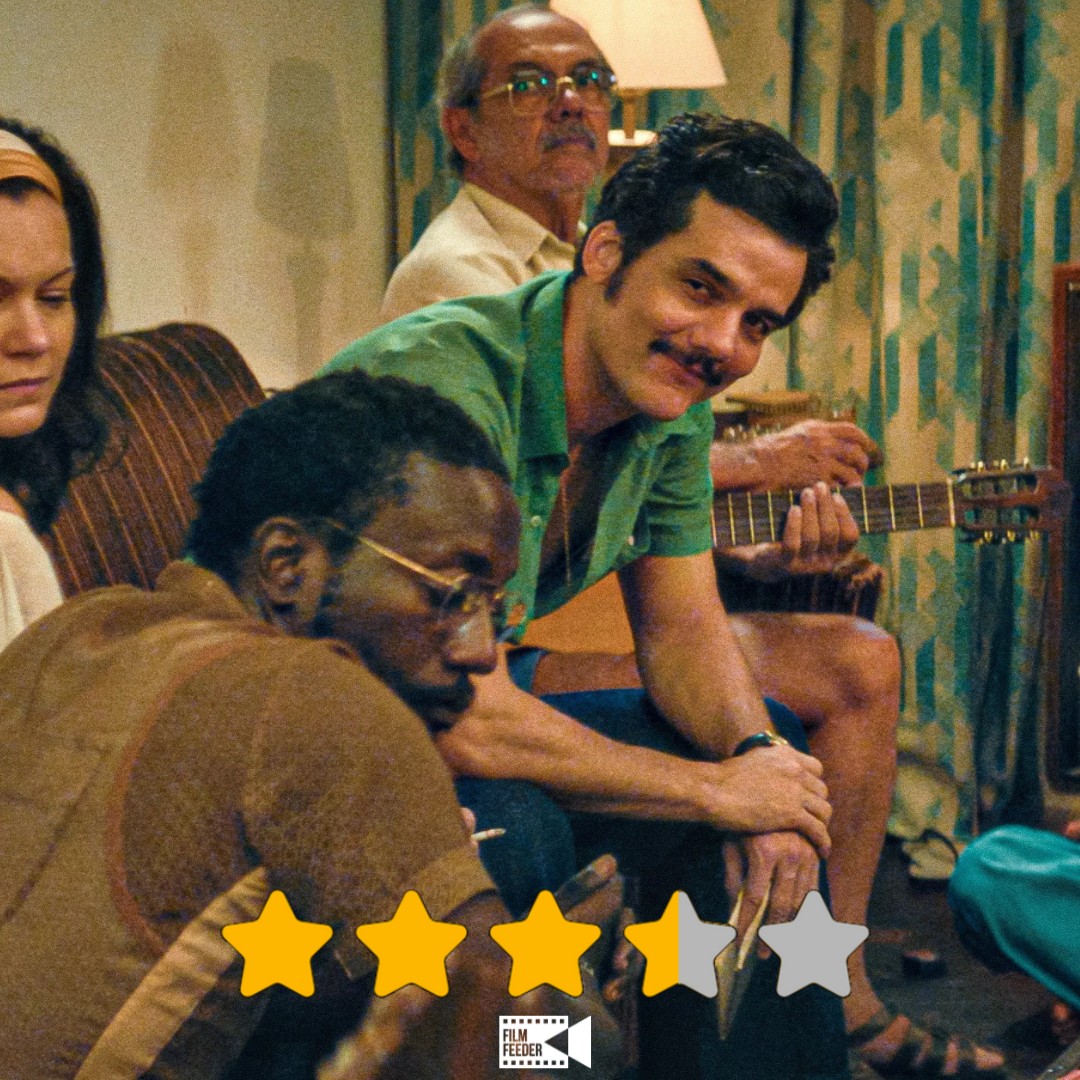
0 Comments